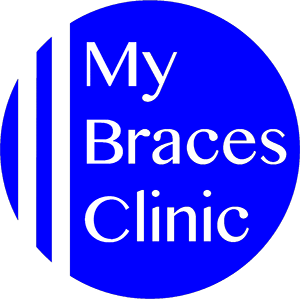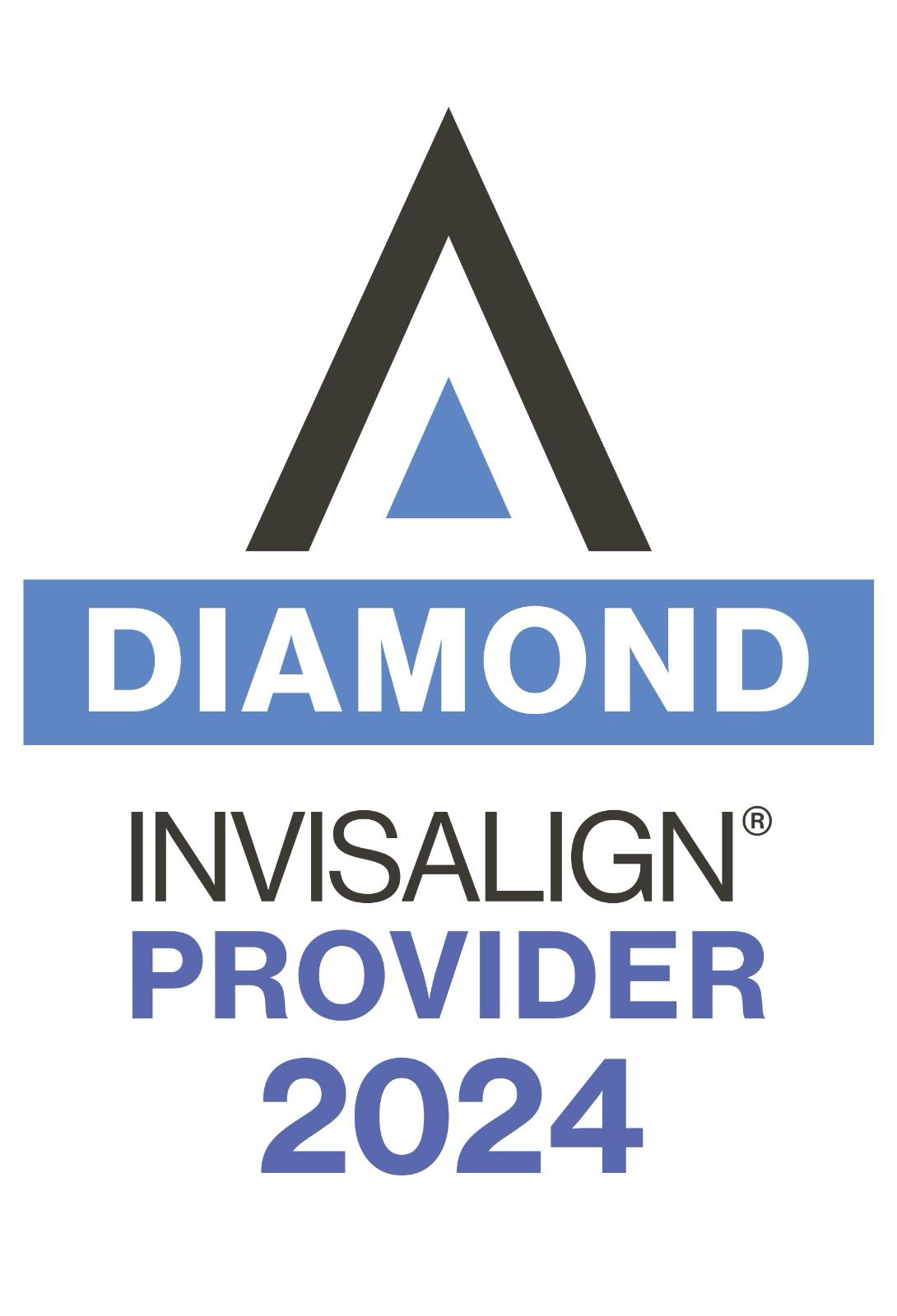To chew and bite better, patients with jaw imbalances often have teeth positioned to compensate for this. For example, in a long jaw patient, this means that the upper teeth lean forward and the lower teeth lean backward to try and meet each other. This is called dentoalveolar compensation and occurs naturally.
Traditionally, a patient who needs jaw surgery undergoes braces before surgery to orthodontically move teeth out of their compensated position. This removal of dentoalveolar compensation reveals the true severity of the jaw imbalance! The original underbite or overbite is made worse, and the facial profile will look more exaggerated. Unfortunately, this means that the patient’s bite and the face get much worse before it gets better by jaw surgery correction.
Traditional jaw surgery often requires patients to go through a period of 10-15 months of ‘decompensation’ to get them ready for jaw surgery. This treatment sequence of traditional jaw surgery braces is often a difficult period for patients as they grapple with increased difficulty in eating, speech problems, and a worsening profile.
Patients with long jaws often wait a long time for growth to end before starting treatment. Therefore, it’s a bitter pill to swallow if they undergo traditional dental decompensation before getting the facial correction they have been waiting for.






